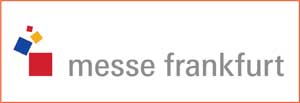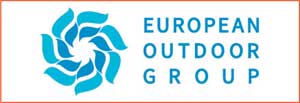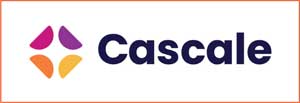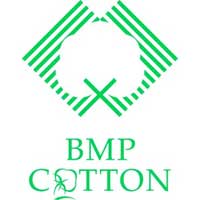 Australian BMP Cotton
Australian BMP Cotton
BMP is the Australian cotton industry’s best practise guidelines for growing cotton in harmony with the environment using an audited process with fully traceable supply chains.
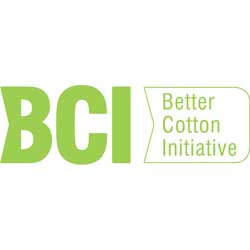 Better Cotton Initiative
Better Cotton Initiative
The Better Cotton Initiative (BCI) is a holistic approach to sustainable cotton production, which covers environmental, social and economic issues. It’s designed to...
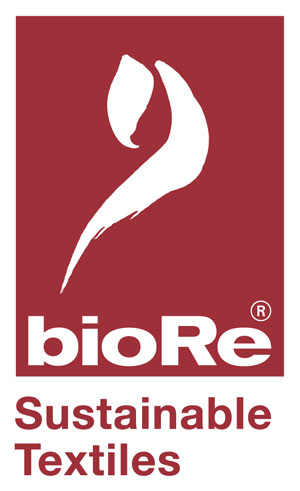 bioRe
bioRe
Updated in 2019, the bioRe label is operated by Swiss-based Remei Foundation, which defines the standards for bioRe Sustainable Cotton and subsequent bioRe Sustainable...
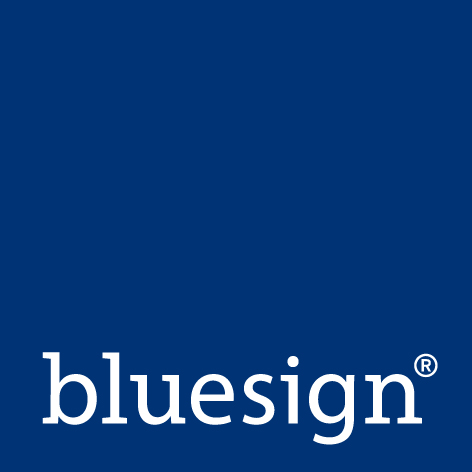 Bluesign Technologies
Bluesign Technologies
Focusing on consumer safety and the environment, the Swiss-based bluesign system examines natural resources and chemicals used in textile production, occupational health...
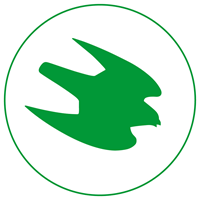 Bra Miljöval
Bra Miljöval
The Bra Miljöval standard was developed by the Swedish Society for Nature Conservation (SSNC) and translates as ‘Good Environmental Choice’ in English. It is...
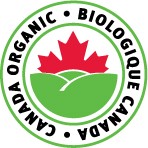 Canada Organic Regime
Canada Organic Regime
The Canada Organic Regime is a food based standard, but it’s interesting from a textiles point of view because in June 2009, an ‘equivalency agreement’ was signed...
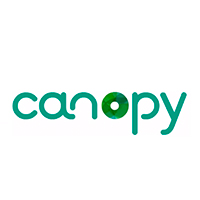 Canopy: Hot Button Ranking
Canopy: Hot Button Ranking
The Hot Button Ranking scheme, from environmental NGO CanopyStyle, provides an overview of the work undertaken by leading viscose producers to ensure that the raw...
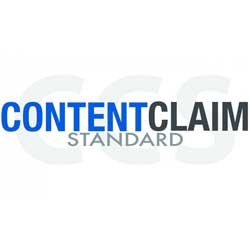 Content Claim Standard
Content Claim Standard
The Content Claim Standard is a voluntary standard that can be used to trace a material through the supply chain or used as a back-up for content claims if other...
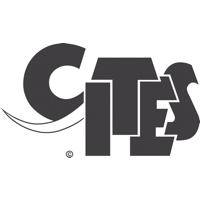 Convention on International Trade in Endangered Species of Wild Fauna and Flora (CITES)
Convention on International Trade in Endangered Species of Wild Fauna and Flora (CITES)
The Convention on International Trade in Endangered Species of Wild Fauna and Flora (CITES) is a voluntary, international agreement between participating governments. It...
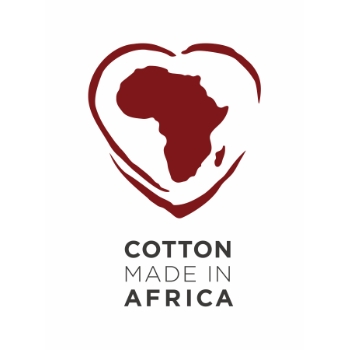 Cotton made in Africa
Cotton made in Africa
Cotton made in Africa (CmiA) is an independent standard for sustainable and traceable cotton. Through diversification, resource efficiency and innovative approaches,...
 Council Directive 98/58/EC
Council Directive 98/58/EC
Council Directive 98/58/EC of July 1998 concerns the protection of animals kept for farming purposes and applies to the European region.
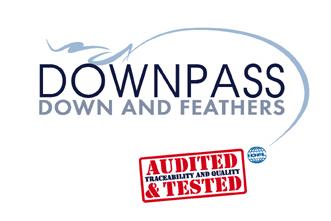 Downpass
Downpass
Launched in 2016, the goal of the Downpass standard is to contribute to the ethical sourcing of down and feathers, and to help companies to firmly anchor animal welfare...
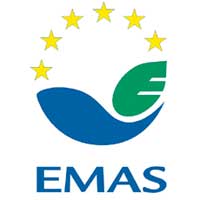 EMAS
EMAS
The EU Eco-Management and Audit Scheme (EMAS) regulation is a management tool for companies and other organisations to evaluate, report and improve their environmental...
 EU 1007/2011
EU 1007/2011
Introduced at the end of 2011, this EU regulation has brought together three previous regulations – directives covering ternary fibre mixtures (73/44/EEC), binary...
 EU Environmental Compliance Assistance Programme (ECAP)
EU Environmental Compliance Assistance Programme (ECAP)
It is often complicated for small and medium sized businesses to completely comply with environmental legislation and have a comprehensive vision of short and long term...
 EU Regulation 834/2007
EU Regulation 834/2007
This regulation was developed to regulate the organic farming sector within and beyond the European Union. The use of the term ‘organic’ with the regulation...
 EU-JRC End of Waste Criteria
EU-JRC End of Waste Criteria
The European Union’s Thematic Strategy on Prevention and the Recycling of Waste is a long-term strategy which aims to help Europe become a recycling society that...
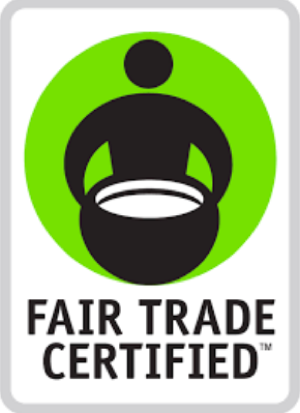 Fair Trade
Fair Trade
When a product is ‘Fair Trade Certified’ it has demonstrated that it meets rigorous social, environmental and economic standards outlined by the initiative’s...
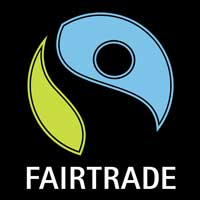 Fairtrade International
Fairtrade International
Fairtrade Labelling Organisations International (FLO), also known as Fairtrade International, is a non-profit multi-stakeholder organisation which develops and reviews...
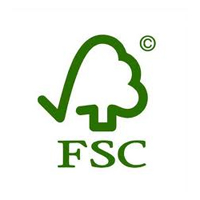 Forest Stewardship Council
Forest Stewardship Council
The Forest Stewardship Council is an independent, non-governmental organisation established to promote the responsible management of the world’s forests using...
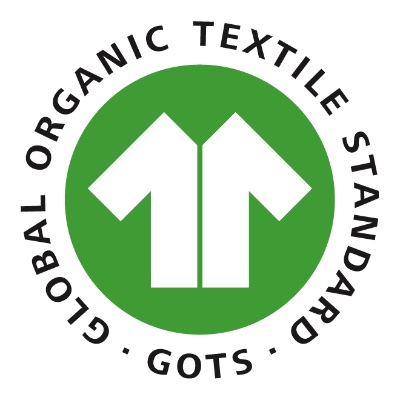 Global Organic Textile Standard (GOTS)
Global Organic Textile Standard (GOTS)
The Global Organic Textile Standard (GOTS) is an international standard for processing certified organic fibres. It encompasses stringent ecological, social, and human...
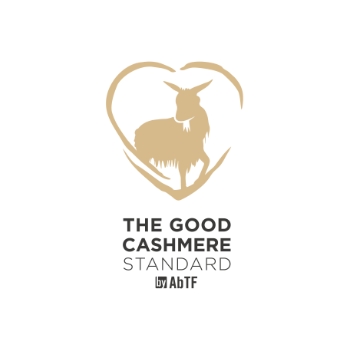 Good Cashmere Standard
Good Cashmere Standard
The Good Cashmere Standard (GCS) addresses the production and traceability of cashmere fibres with respect to the environment, supply chain transparency, the welfare of...
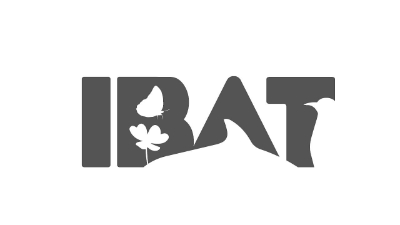 Integrated Biodiversity Assessment Tool
Integrated Biodiversity Assessment Tool
The Integrated Biodiversity Assessment Tool (IBAT) provides authoritative biodiversity data tools and guidance to help organisations act on biodiversity related risks...
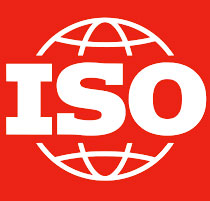 ISO: IWA 32:2019
ISO: IWA 32:2019
Published in April 2019, this ISO standard relates to the screening of genetically modified organisms (GMOs) in cotton and textiles.
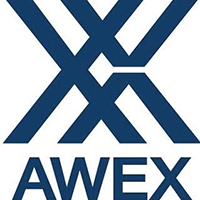 National Wool Declaration
National Wool Declaration
The National Wool Declaration (NWD) enables woolgrowers to promote their animal welfare practices (i.e. mulesing status) and the Dark and Medullated Fibre Risk (DMFR) of...
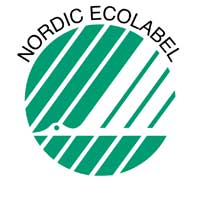 Nordic Ecolabel
Nordic Ecolabel
The non-profit Nordic ‘Swan’ Ecolabel is a voluntary license designed to help companies make and indicate products to the consumer that are more sustainable. It is...
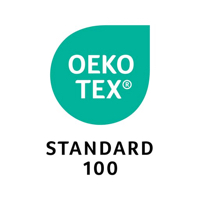 Oeko-Tex 100
Oeko-Tex 100
The Oeko-Tex Standard 100, introduced in 1992, is a global uniform testing and certification system for textile raw materials, intermediate products, and end products at...
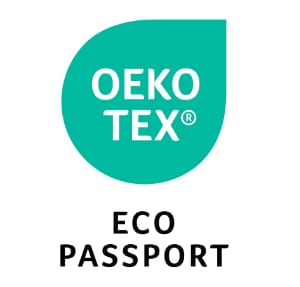 Oeko-Tex Eco Passport
Oeko-Tex Eco Passport
The ‘Eco Passport’ by Oeko-Tex is an independent certification system for chemicals, colourants and auxiliaries used in the textile and leather industry. It is...
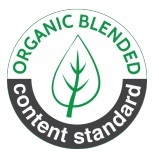 Organic Content Standard
Organic Content Standard
The Organic Content Standard (OCS) is a voluntary standard for tracking and verifying the content of organically grown materials in a final product.
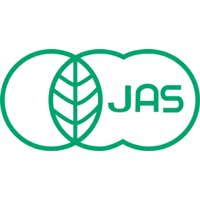 Organic Japanese Agricultural Standard
Organic Japanese Agricultural Standard
The production and processing of organic textiles sold on the Japanese market is regulated in the Japanese Agriculture Standard (JAS). These certified goods are...
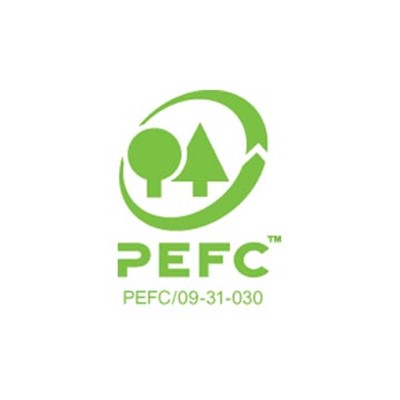 PEFC
PEFC
The Programme for the Endorsement of Forest Certification (PEFC) provides assurances that forests are managed in line with international environmental requirements,...
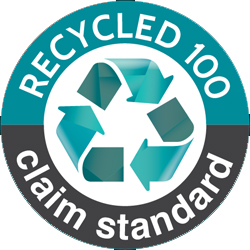 Recycled Claim Standard
Recycled Claim Standard
The Recycled Claim Standard (RCS) is a voluntary standard that tracks recycled raw materials through the supply chain to give credibility to recycled content claims on products.
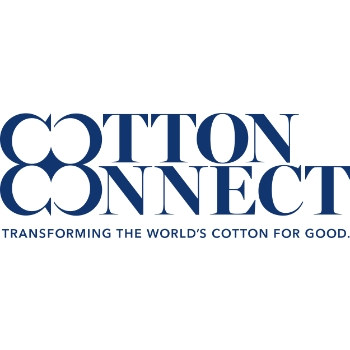 REEL Cotton
REEL Cotton
REEL Cotton is a traceable sustainable agriculture program run by CottonConnect that promotes environmentally friendly and socially responsible cotton farming.
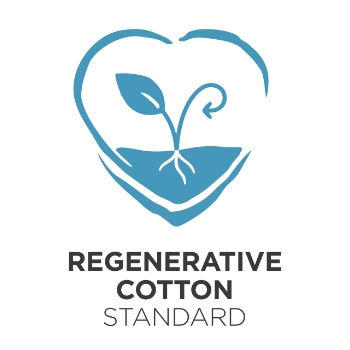 Regenerative Cotton Standard
Regenerative Cotton Standard
Developed by the Aid by Trade Foundation (AbTF), and released in November 2023, the Regenerative Cotton Standard (RCS) aims to improve the overall resilience and...
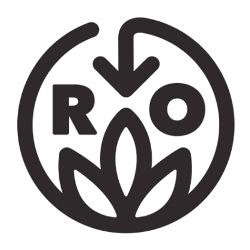 Regenerative Organic Certified
Regenerative Organic Certified
Regenerative Organic Certified was established in 2017 by a group of farmers, business leaders, and experts in soil health, animal welfare, and social fairness...
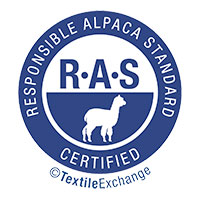 Responsible Alpaca Standard
Responsible Alpaca Standard
The Responsible Alpaca Standard (RAS) is an international, voluntary standard that ensures alpaca wool is responsibly sourced from farmers with high animal welfare standards.
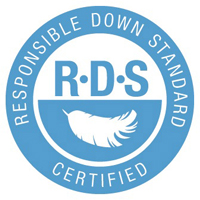 Responsible Down Standard
Responsible Down Standard
This standard focuses on compliance with local legal animal welfare regulations and aims to ensure that the Responsible Down Standard (RDS) does not come from farms that...
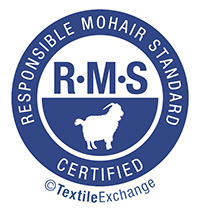 Responsible Mohair Standard
Responsible Mohair Standard
Launched by Textile Exchange in March 2020, the Responsible Mohair Standard is based on the same system as the Responsible Wool Standard and monitors animal welfare...
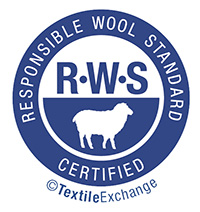 Responsible Wool Standard
Responsible Wool Standard
The Responsible Wool Standard (RWS) is a voluntary standard that addresses the welfare of sheep and the land they graze on in a bid to help sheep farmers meet consumer,...
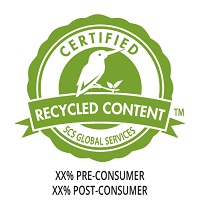 SCS Recycled Content Standard
SCS Recycled Content Standard
SCS claims that its private Recycled Content Standard helps companies to demonstrate ‘leadership in reducing reliance on natural resources’, as well as to satisfy...
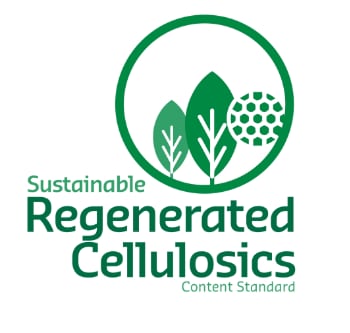 Sustainable Regenerated Cellulosics
Sustainable Regenerated Cellulosics
The Sustainable Regenerated Cellulosics Content Standard (SRCCS) formerly known as the Sustainable Viscose Chain of Custody Standard (SVCOC), was initially created by...
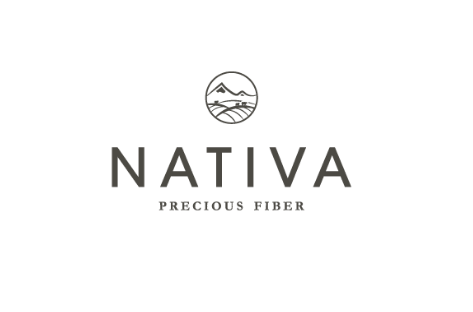 The Nativa Label
The Nativa Label
A label of the Chargeurs Group, Nativa sets a standard for stakeholders within the merino sheep industry and supply chain to meet if they’re to demonstrate a...
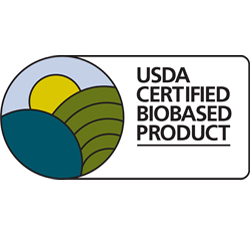 USDA BioPreferred
USDA BioPreferred
The United States Department of Agriculture administers the BioPreferred Program, which was created by the Farm Security and Rural Investment Act of 2002 (FSRIA or...
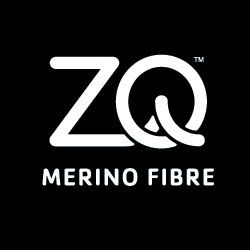 ZQ Merino
ZQ Merino
ZQ is a merino wool certification that looks at animal welfare and environmental standards. It has been developed and owned by The New Zealand Merino Company Ltd. ZQ is...


